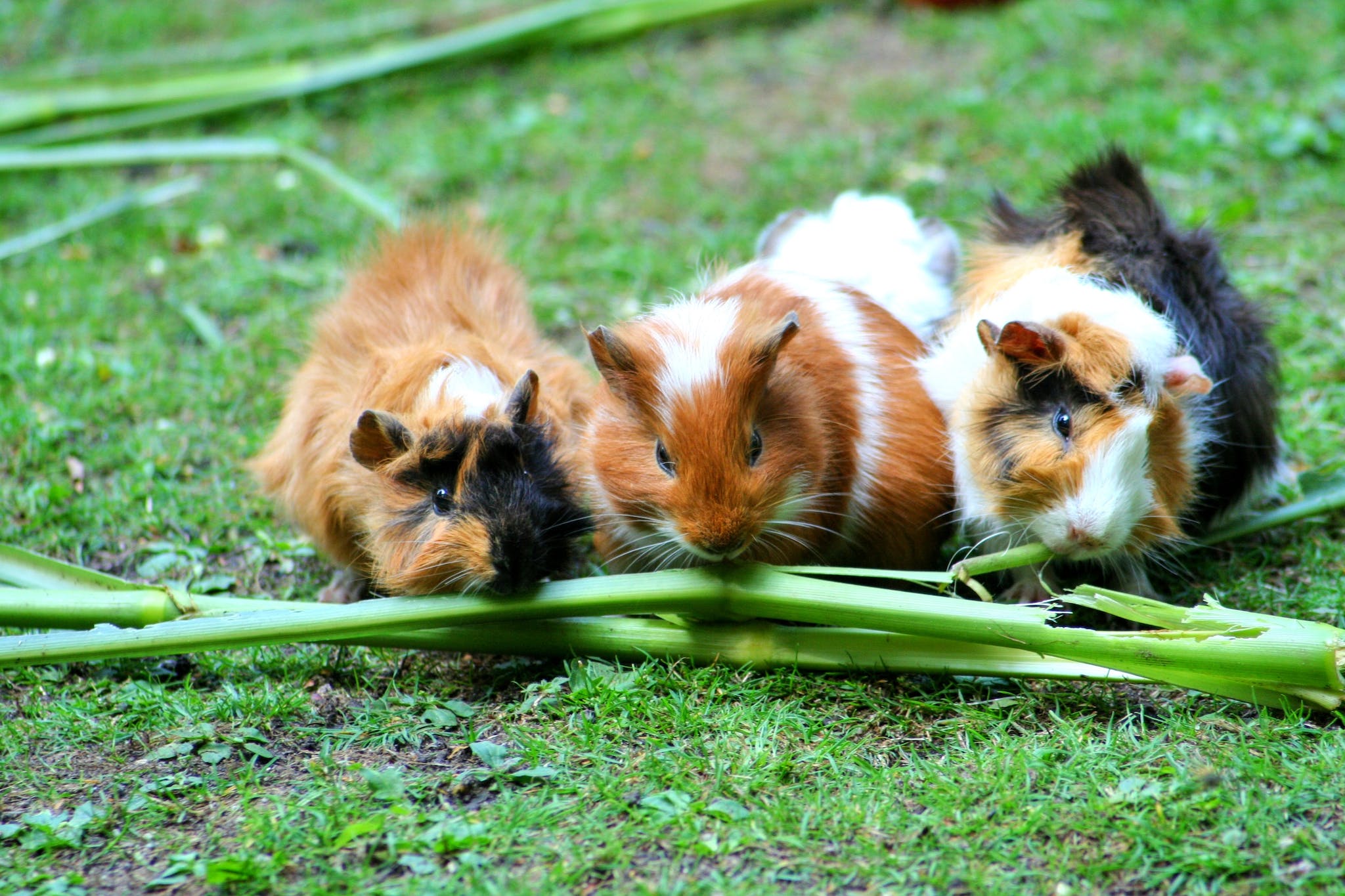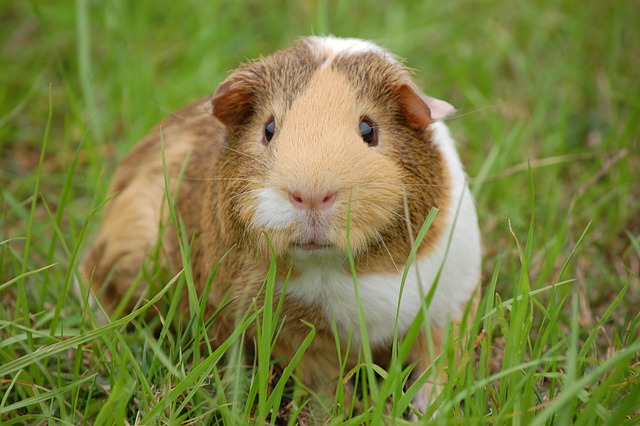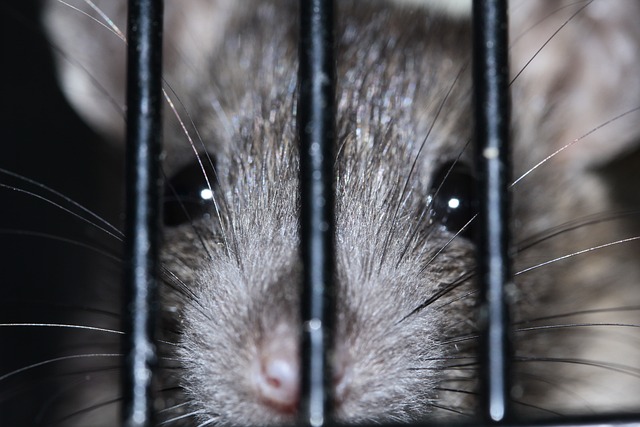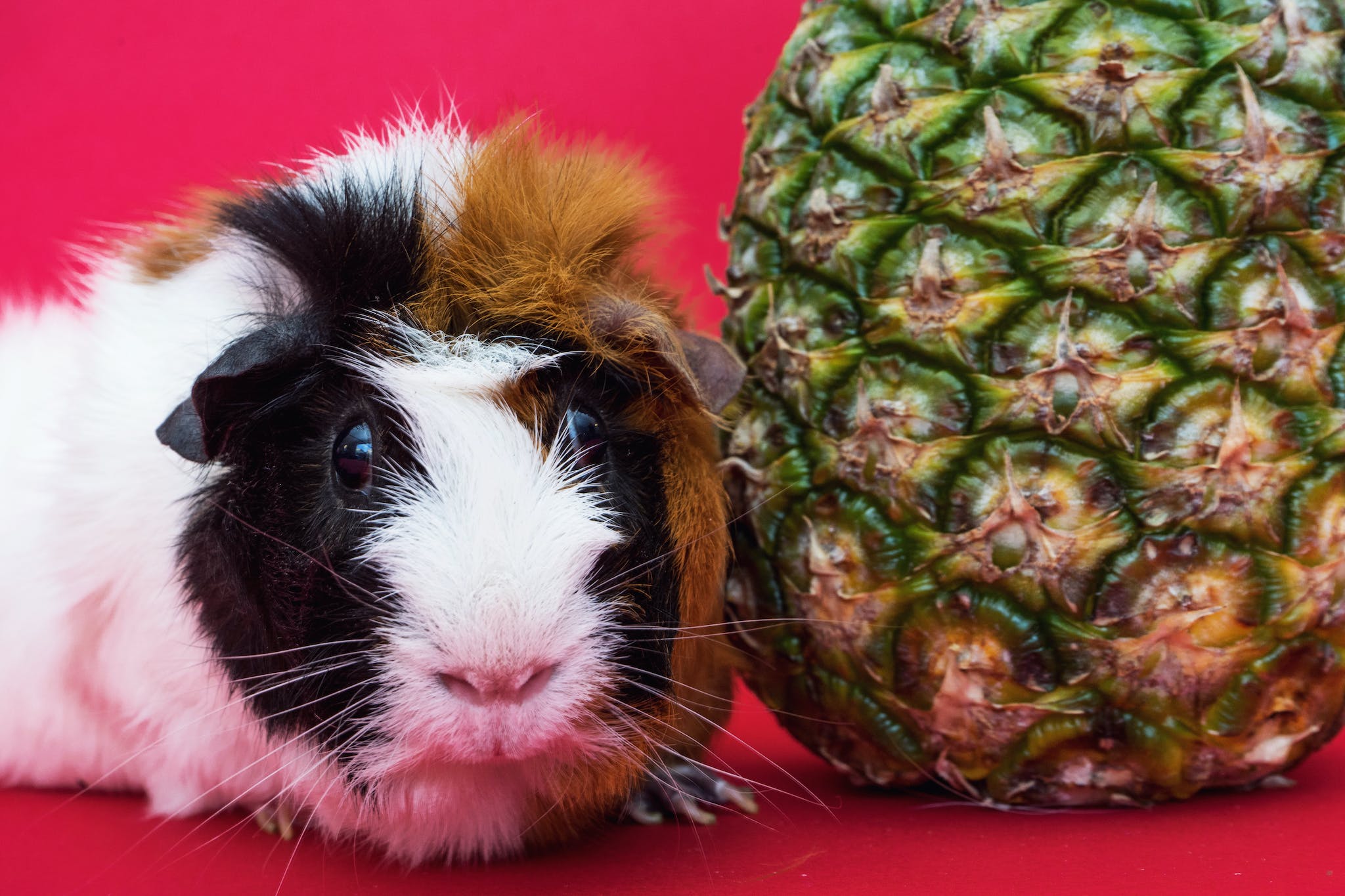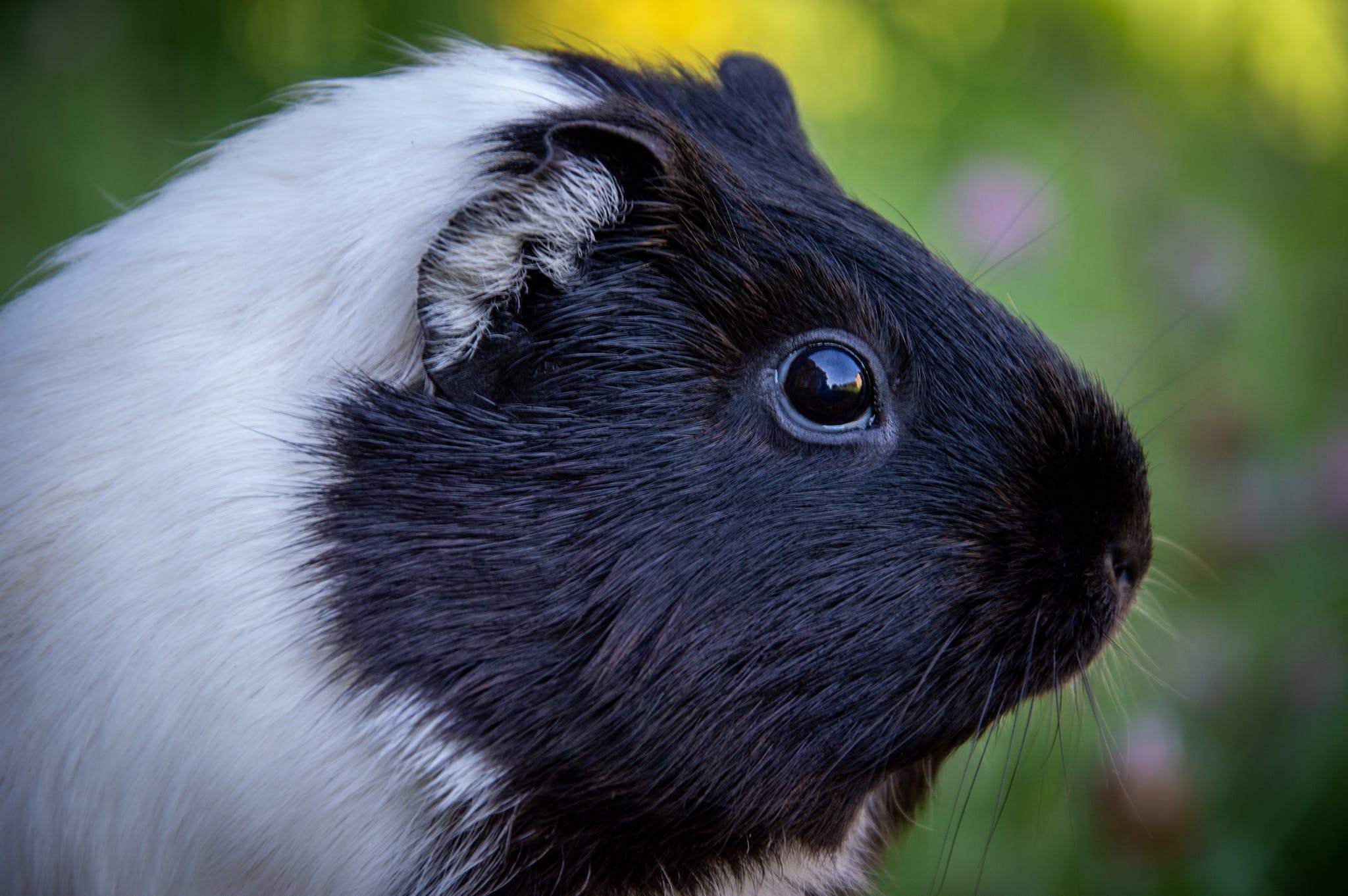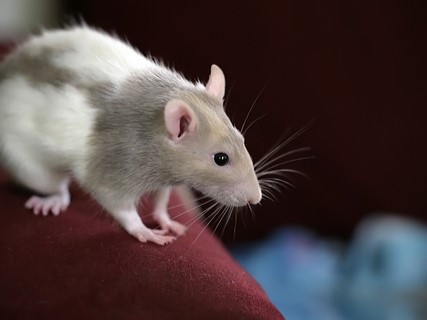How Many Teeth Do Guinea Pigs Have?
There are some affiliate links below, but they are all products I highly recommend. For more info, view my disclosure here.
Guinea pigs are adorable pets that are popular among animal lovers. As a responsible pet owner, it is important to know everything about your pet, including their dental health. One of the most common questions that guinea pig owners ask is how many teeth do guinea pigs have?
Guinea pigs are herbivores, which means they eat only plant-based foods. To help them grind and chew their food, guinea pigs have a unique set of teeth. Adult guinea pigs have 20 teeth, which consist of four incisors, two premolars, and four molars on the top and bottom of their mouths.
Guinea pig’s teeth grow continuously throughout their lives, just like rabbits and other rodent species. Therefore, it is essential to provide them with a diet that helps wear down their teeth naturally. Additionally, regular dental check-ups by a veterinarian can help detect any dental issues early on and prevent any serious dental problems.
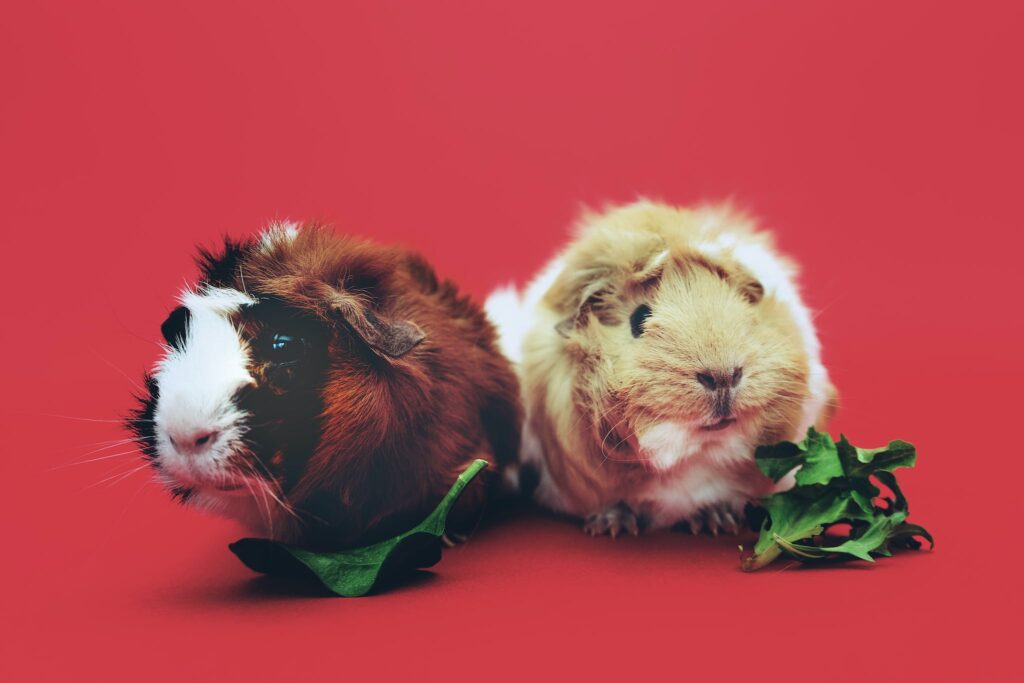
Anatomy of Guinea Pig Teeth
Guinea pigs, like all rodents, have continuously growing teeth that require proper care and attention. Understanding the anatomy of their teeth is crucial for maintaining their dental health.
Incisors and Cheek Teeth
A guinea pig’s front teeth, also known as incisors, are a pair of upper and lower teeth that are used for biting and cutting food. These teeth are open-rooted, meaning they continue to grow throughout the guinea pig’s life. Regular chewing and gnawing on hay and other roughage help to wear down these teeth and prevent overgrowth.
In addition to their incisors, guinea pigs have cheek teeth, including molars and premolars, that are used for grinding and crushing food. These teeth are also open-rooted and require regular wear to prevent overgrowth.
Dental Growth Patterns
Guinea pigs have a unique dental growth pattern where their teeth grow from the back of their mouth towards the front. As the molars and premolars wear down, new teeth continue to grow at the back of the mouth. This constant growth and wear help to maintain the proper length and shape of the teeth.
It is important to note that malocclusion, a condition where the teeth do not align properly, is common in guinea pigs. This can lead to overgrowth and other dental problems if left untreated. Regular veterinary check-ups and proper dental care can help prevent and manage this condition.
Guinea pigs have a unique dental anatomy that requires regular care and attention. Understanding their teeth’s growth patterns and proper wear can help maintain their dental health and prevent potential problems.
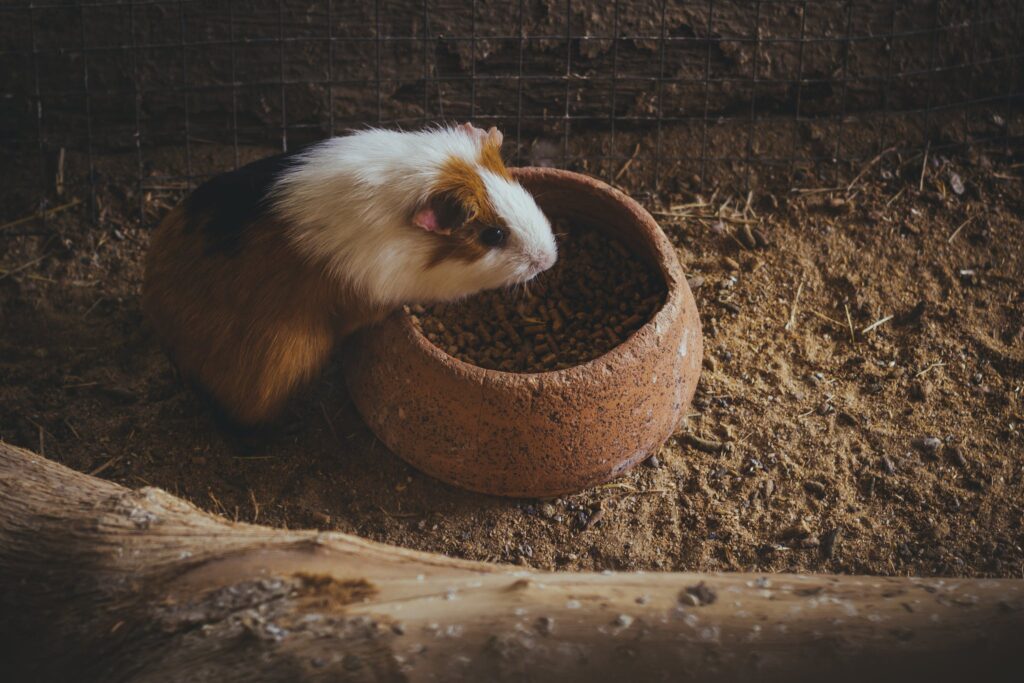
Common Dental Problems
Guinea pigs have continuously growing teeth, which means that dental problems are common in them. Here are some of the most common dental problems that guinea pigs experience:
Malocclusion
Malocclusion is a dental problem that occurs when the guinea pig’s teeth do not align properly, causing them to grow unevenly. This can lead to overgrown teeth, sharp edges, and mouth sores. Malocclusion can be caused by genetics, poor diet, or trauma. If left untreated, malocclusion can lead to serious problems, including infection and even death.
Tooth Decay and Infections
Tooth decay and infections are caused by a buildup of bacteria in the guinea pig’s mouth. This can be caused by poor dental care, a diet that is high in sugar, or trauma. Signs of tooth decay and infections include bad breath, drooling, and a decrease in appetite. If left untreated, tooth decay and infections can lead to serious health problems, including abscesses and even death.
To prevent dental problems in your guinea pig, it is important to provide them with a balanced diet that is high in fiber, such as hay and fresh vegetables. Regular dental check-ups by a veterinarian who specializes in small animals are also essential. If you notice any signs of dental problems in your guinea pig, such as overgrown teeth or mouth sores, it is important to seek veterinary care immediately. With proper dental care, you can help ensure that your guinea pig stays healthy and happy.
Diet and Nutrition for Dental Health
Guinea pigs have open-rooted teeth, meaning their teeth grow continuously throughout their life. Therefore, a proper diet is essential for maintaining good dental health in guinea pigs.
Essential Nutrients
A balanced diet should include a variety of essential nutrients, including Vitamin C, which is necessary for collagen synthesis and maintaining healthy gums. Guinea pigs are unable to synthesize Vitamin C, so it’s important to provide them with a diet rich in this nutrient.
Suitable Foods and Chewing Materials
Timothy hay and grass hay are excellent sources of fiber and help wear down guinea pigs’ continuously growing teeth. Fresh vegetables, such as bell peppers, spinach leaves, and Asian greens, are also suitable for guinea pigs and provide necessary nutrients.
It’s important to note that not all vegetables and herbs are suitable for guinea pigs. Some vegetables, such as iceberg lettuce, can cause digestive issues, while others, such as rhubarb and avocado, are toxic to guinea pigs. Suitable herbs, such as parsley and cilantro, can also be included in their diet.
In addition to a balanced diet, guinea pigs also require lots of hay for chewing and keeping their teeth healthy. Providing chew toys, such as wooden blocks and cardboard tubes, can also help wear down their teeth and prevent overgrowth.
By providing a balanced diet and suitable chewing materials, you can help maintain your guinea pig’s dental health and prevent dental issues in the future.
Dental Care and Maintenance
As a responsible guinea pig owner, it is important to take care of your pet’s dental health. Guinea pigs have four incisors and twenty molars, which means they need regular dental care to maintain healthy teeth. Neglecting dental care can lead to weight loss, oral infections, and other health issues.
Regular Check-Ups
Regular oral examinations by a veterinarian are essential to maintaining your guinea pig’s dental health. During these check-ups, the vet will examine your pet’s teeth for signs of overgrowth, misalignment, or other issues. They may also recommend professional dental care if necessary.
Home Care Tips
In addition to professional care, there are several things you can do at home to help maintain your guinea pig’s dental health. Here are some tips:
- Provide your guinea pig with plenty of hay to chew on. This will help wear down their teeth and prevent overgrowth.
- Offer fresh vegetables and fruits as a source of vitamin C, which is essential for healthy teeth and gums.
- Avoid feeding your guinea pig sugary or starchy treats, which can lead to dental problems.
- Monitor your guinea pig’s eating habits and weight to ensure they are maintaining a healthy diet.
By following these tips and scheduling regular check-ups with a veterinarian, you can help ensure your pet guinea pig has healthy teeth and a happy life.
Signs of Dental Issues and Intervention
Recognizing Symptoms
As a responsible guinea pig owner, it is important to keep an eye out for any signs of dental issues. Dental problems can lead to weight loss, tooth problems, and other potential problems. Some subtle signs of an underlying dental issue include drooling, difficulty eating, and a change in appetite. If you notice any of these symptoms, it is important to seek professional help immediately.
Seeking Professional Help
If you suspect your guinea pig is experiencing dental issues, it is important to seek the help of an experienced veterinarian. A qualified veterinarian can perform a dental exam and determine the best course of action for pain relief and treatment. In some cases, your guinea pig may require dental surgery or a change in diet to address the issue.
To prevent dental issues, it is important to provide your guinea pig with a healthy diet that includes plenty of hay and fresh vegetables. Regular dental check-ups can also help identify any potential dental problems early on. By staying vigilant and taking action when necessary, you can help ensure your guinea pig stays healthy and happy.
A healthy guinea pig has 20 teeth, which are constantly growing throughout their entire life. Adult guinea pigs have the same number of teeth as baby guinea pigs. This is good news because it means you don’t have to worry about losing teeth as they age.
It’s important to keep your guinea pig’s mouth healthy by providing them with a balanced diet that includes plenty of hay and fresh vegetables. This will ensure that their teeth are the healthy length and will not overgrow, causing dental problems.
Remember that guinea pigs need to chew on things to keep their teeth healthy, so make sure they have plenty of chew toys and things to gnaw on. If you notice any dental problems, such as overgrown teeth or difficulty eating, take your guinea pig to the vet right away.
By taking good care of your guinea pig’s teeth, you can help ensure that they live a long and healthy life.
Here are some more Guinea Pig Facts: Interesting Things To Know!
